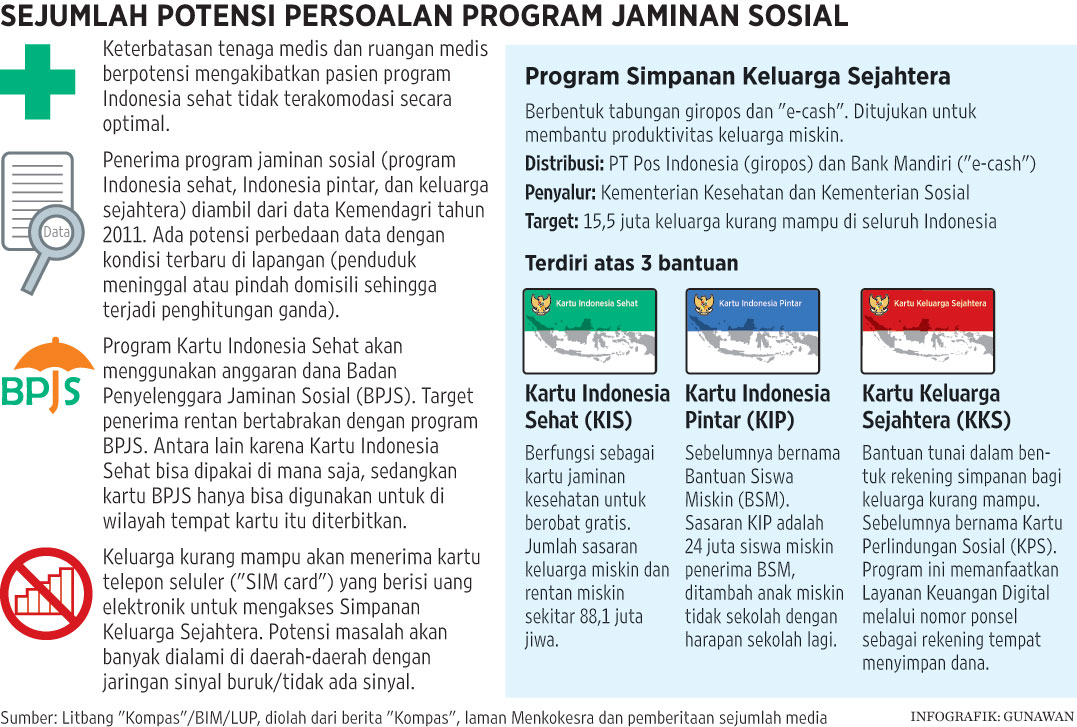Berita Terkait
- Anggaran DPR RI Tahun 2016-2018
- Kehadiran Anggota DPR Pada Masa Sidang Ke-2 Tahun 2017-2018
- Review Kinerja DPR-RI Masa Sidang ke-2 Tahun 2017-2018
- Fokus DPR Masa Sidang ke-3 Thn 2017-2018
- Konsentrasi DPR Terhadap Fungsinya Pada Masa Sidang ke - 3 Tahun 2017 – 2018
- Kehadiran Anggota DPR RI Masa Sidang ke-3 Tahun 2017-2018
- Review Kinerja Masa Sidang Ke-3 Tahun 2017-2018
- Konsentrasi DPR Terhadap Fungsinya Pada Masa Sidang ke - 4 Tahun 2017– 2018
- Peristiwa Menarik Masa Sidang ke-4 Tahun 2017-2018 (Bidang Legislasi)
- Peristiwa Menarik Masa Sidang ke-4 Tahun 2017-2018 (Bidang Pengawasan)
- Peristiwa Menarik Masa Sidang ke-4 Tahun 2017-2018 (Bidang Keuangan, Lainnya)
- Review Kinerja DPR-RI Masa Sidang ke-4 Tahun 2017-2018
- (Tempo.co) Kasus Patrialis Akbar, KPPU: UU Peternakan Sarat Kepentingan
- (Tempo.co) Ini Proyek-proyek yang Disepakati Jokowi-PM Shinzo Abe
- (Tempo.co) RUU Pemilu, Ambang Batas Capres Dinilai Inkonstitusional
- (Media Indonesia) Peniadaan Ambang Batas Paling Adil
- (DetikNews) Besok Dirjen Pajak Panggil Google
- (Tempo.co) Aturan Komite Sekolah, Menteri Pendidikan: Bukan Mewajibkan Pungutan
- (Rakyat Merdeka) DPR BOLEH INTERVENSI KASUS HUKUM
- (Aktual.com) Sodorkan 4.000 Pulau ke Asing, Kenapa Pemerintah Tidak Menjaga Kedaulatan NKRI?
- (RimaNews) Pimpinan MPR dan DPR akan bertambah dua orang
- (Warta Ekonomi) Jonan Usulkan Kepada Kemenkeu Bea Ekspor Konsentrat 10 Persen
- (Tempo.co) Eko Patrio Dipanggil Polisi, Sebut Bom Panci Pengalihan Isu?
- (TigaPilarNews) DPR Harap Pemerintah Ajukan Banyak Obyek Baru untuk Cukai
- (Tempo.co) Menteri Nasir: Jumlah Jurnal Ilmiah Internasional Kita Meningkat
Kategori Berita
- News
- RUU Pilkada 2014
- MPR
- FollowDPR
- AirAsia QZ8501
- BBM & ESDM
- Polri-KPK
- APBN
- Freeport
- Prolegnas
- Konflik Golkar Kubu Ical-Agung Laksono
- ISIS
- Rangkuman
- TVRI-RRI
- RUU Tembakau
- PSSI
- Luar Negeri
- Olah Raga
- Keuangan & Perbankan
- Sosial
- Teknologi
- Desa
- Otonomi Daerah
- Paripurna
- Kode Etik & Kehormatan
- Budaya Film Seni
- BUMN
- Pendidikan
- Hukum
- Kesehatan
- RUU Larangan Minuman Beralkohol
- Pilkada Serentak
- Lingkungan Hidup
- Pangan
- Infrastruktur
- Kehutanan
- Pemerintah
- Ekonomi
- Pertanian & Perkebunan
- Transportasi & Perhubungan
- Pariwisata
- Agraria & Tata Ruang
- Reformasi Birokrasi
- RUU Prolegnas Prioritas 2015
- Tenaga Kerja
- Perikanan & Kelautan
- Investasi
- Pertahanan & Ketahanan
- Intelijen
- Komunikasi & Informatika
- Kepemiluan
- Kepolisian & Keamanan
- Kejaksaan & Pengadilan
- Pekerjaan Umum
- Perumahan Rakyat
- Meteorologi
- Perdagangan
- Perindustrian & Standarisasi Nasional
- Koperasi & UKM
- Agama
- Pemberdayaan Perempuan & Perlindungan Anak
- Kependudukan & Demografi
- Ekonomi Kreatif
- Perpustakaan
- Kinerja DPR
- Infografis
(Tempo) Despite Critics-Jokes "Kartu Indonesia Sabar" at DPR, Cure-All [Social] Card

It is difficult to cast doubt on President Joko Widodo's good intentions in lessening the impact of fuel price increases on lower income families. One instrument, known as the Productive Family Program, comprises the Prosperous Family Card (KKS), the Smart Indonesia (KIP) and the Healthy Indonesia Card (KIS) and has now become known as Jokowi's sakti or 'magic card'.
Experience has taught us that good intentions do not always produce satisfactory results, especially for massive programs that cover millions of people scattered over a huge area. For example, the KIS, with funds of Rp20 trillion, is targeted at 86.4 million families. The KIP, costing Rp6.3 trillion, is aimed at helping 15.5 million households, and the KKS, Rp6.2 trillion, is planned to reach the same number of families. These people are spread right across the country.
Problems arose when President Jokowi, on a visit to an evacuation center for people displaced by the eruption of Sinabung in Tanah Karo, North Sumatra, handed out a type of 'sakti card' related to the Productive Families Program. This was the second 'gift' for the Karo people this year, after the first in the form of National Hero status for the late Lt. Gen. Djamin Ginting Suka. It was the distribution of these cards that triggered various responses that were far from the ordinary.
The problem is not whether people liked the cards or not, but with the availability of the infrastructure that should have been in place to support the distribution of the cards. Even legislators in the DPR, especially from the coalition opposed to Jokowi, said that the program was a realization of the government's good intentions. Therefore, the 'sakti card' launch should have gone smoothly, without causing controversy or pointless arguments.
There are those who reacted strongly, even claiming that the 'sakti card' program had no legal basis, especially in terms of funding. But the finance minister dismissed this, saying that the funds for the KKS, KIP and KIS programs had come from the Rp5 trillion social protection fund and the Rp2.7 trillion fiscal risk reserves. These two budget items are part of the National Treasury Budget reserve, and the legal basis can be found in Article 17 paragraph 1 of the 2014 Amended State Budget.
The more serious problem lies with the lack of infrastructure. Take the example of the people who received the KIP as verified by the National Team for the Acceleration of Poverty Eradication in 2013. This data had to be matched with the basic education data held by the Education and Culture Ministry. Problems arose because the basic education data was based on schools, while the KIP data was based on families.
The accuracy of the data is crucial because the potential for social conflict is so high. Errors in the data could easily result in the program missing its targets, and this would be more than enough to trigger conflict. The same is true for people close to the poverty line, who total around half a million. These people are clearly not listed among the data based on families.
With all these problems needing caution and careful examination, President Joko Widodo should try to be more calm, 'adult' and patient. In other words do not take short cuts.